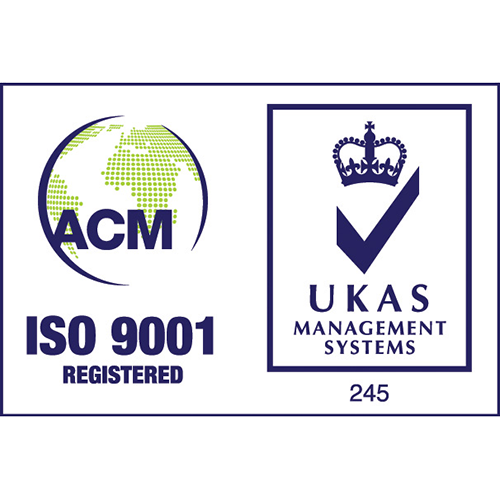Could Moving To The Cloud Be Good For Your Business?
Could Moving To The Cloud Be Good For Your Business?
Traditionally, people would download software or applications to a server or PC for business and personal use. However, the cloud allows users to access the same programmes or applications solely through the internet. Cloud computing is rapidly becoming the new norm and is something we all use in everyday life, whether we are checking our bank balances on mobiles or firing off emails on the move. It is simply computing via the internet and the increase in efficiency and improvement to cash flow has many business wondering if a move to the cloud could be beneficial to business.
A benefit of the cloud in terms of business is the scalability of bandwidth demands. It has never been easier to draw on remote servers to increase or decrease capacity based on business needs, and this level of agility can give businesses using cloud computing an edge over competitors.
Furthermore, smaller businesses with understandably smaller budgets, and less expertise, can benefit from a migration to the cloud. Obviously, all businesses should invest in robust disaster recovery but the ease and monetary value is extremely attractive to smaller establishments.
Despite these positives, a major issue with the cloud is the inability to become immune to service outages. Cloud computing systems are exclusively internet based and therefore, fully reliant on internet connection. Like any technological advancement, cloud platforms can fail for a variety of reasons and the risks would need to be weighed-up. If the internet is down, applications drop offline instantly and it would be worth considering whether your business could absorb potentially prolonged periods of slow speeds or outages.
Internet issues are the norm for a lot of business and are often considered part and parcel of office life. But as servers are off-premises and, very much out of sight and out mind, an advantage of cloud computing is that the supplier of the service takes care of them on the company’s behalf. There is no need to maintain the business system yourself, with regular software and security updates happening behind closed doors and allowing focus of staff to be on growing the business.
An issue can arise, however, when a company wishes to migrate from one provider to another. Implicit dependency is a real disadvantage to the cloud computing system as there are deep-rooted differences between vendor systems that can often make it very tricky or impossible to migrate from one cloud platform to another. There are high costs and complexities surrounding the need to reconfigure applications after a move, to meet the requirement of the new host, and can result in downtime for the company.
With migration costs cast aside, assuming there is no need for upheaval, the cloud system cuts out the high costs of hardware needed with a traditional server set-up. With many providers offering a subscription based model, essentially like a pay-as-you-go mobile tariff, it can be extremely purse friendly – especially for smaller businesses.
Despite this benefit of not needing to purchase expensive hardware or employ dedicated IT technicians, it is often argued that, for small scale or short term products, the cloud can be an expensive option. It has been claimed that many clients have ended up paying a higher price than they initially imagined.
A real incentive of the cloud, particularly from staff, is the ability to work from anywhere on virtually any smart device. If you have internet connection, you can work. This allows individuals to maintain workflow from home, without seeing a nosedive in productivity, as any file or document can be accessed directly from their home PC, laptop, tablet or phone.
A further bonus of all members of the company being able to access the server from anywhere is the ability to have a team approach to the workload. With the access to edit and share documents with the help of cloud-based workflow and file sharing apps, the help is there to ensure updates are delivered in real time and gives individuals full visibility of work collaborations.
Lost laptops, hard drives and memory sticks are expensive to replace and can be detrimental to business if files were to fall into the wrong hands. Loss of data can have a catastrophic impact on campaigns and projects but the cloud demolishes any need for these methods of file saving. With every document safely stored in the cloud and the ability to remotely wipe data from lost or stolen devices, many businesses are safe in the knowledge that the cloud is the Fort Knox of file safety.
But how true is this claim? Cloud service providers are expected to safeguard underlying hardware, however, remote access is the individual’s responsibility and no system is perfectly secure and even the strongest suffer. The media has been rife with reports of server attacks and security breaches and it should be noted that nothing connected to the internet can be 100% secure.
These issues aside, the cloud is exceptionally enterprising technology and can particularly help smaller businesses act faster and run with the top dogs and this could be a carrot in the decision making process for smaller businesses.
To find out more about our private cloud services please click here.








